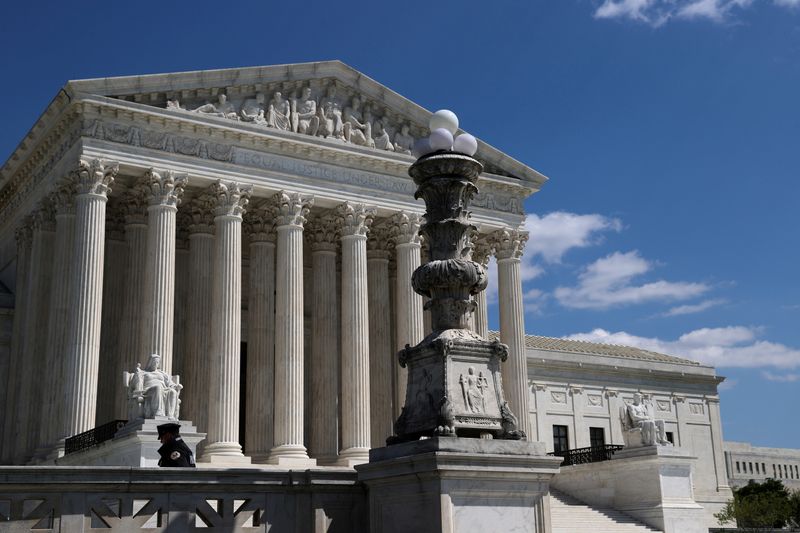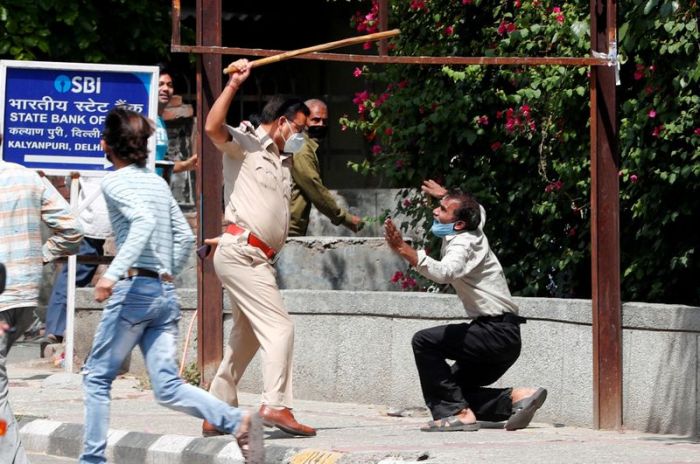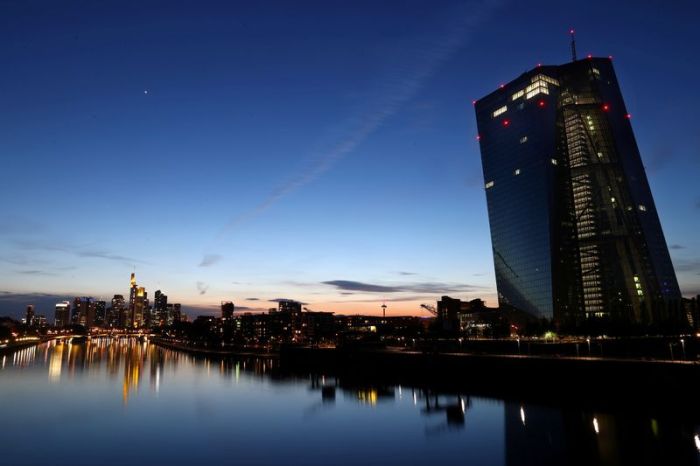WASHINGTON (Reuters) – U.S. Supreme Court justices grappled on Wednesday with whether President Donald Trump’s administration went too far in allowing employers to obtain broad religious and moral exemptions from an Obamacare requirement that health insurance that they provide employees covers women’s birth control.
At issue is a challenge by the states of Pennsylvania and New Jersey to the administration’s 2018 rule that permits broad religious and moral exemptions to the contraception mandate of the 2010 Affordable Care Act, commonly called Obamacare, and expands accommodations already allowed.
The justices held their third day of arguments by teleconference of the week, a new format prompted by the coronavirus pandemic. Liberal Justice Ruth Bader Ginsburg took part a day after being hospitalized to undergo treatment for a benign gall bladder condition.
Conservative Chief Justice John Roberts, a potential pivotal vote, appeared frustrated that the long-running litigation, a version of which previously reached the Supreme Court in 2016, has not led to a compromise.
“Is it really the case that there is no way to resolve those differences?” Roberts asked.
Roberts wondered if the administration’s approach was too broad by providing exemptions even to entities that had not complained about the adequacy of previous accommodations devised under Trump’s Democratic predecessor Barack Obama.
Liberal Justices Elena Kagan and Stephen Breyer appeared to favor a similar approach.
“I don’t understand why this can’t be worked out,” Breyer said.
The contraceptive mandate under the law, which was signed by Obama in 2010 and has faced Republican efforts to repeal it ever since, requires that employer-provided health insurance include coverage for birth control with no co-payment. Previously, many employer-provided insurance policies did not offer this coverage.
Ginsburg, at 87 the court’s oldest member, participated in the argument from Baltimore after being hospitalized for non-surgical treatment for an infection arising from a gallstone in her cystic duct.
‘NO HASSLE’
Sometimes sounding hesitant and at other times sounding firm, Ginsburg asked three rounds of questions starting with a query to Solicitor General Noel Francisco, who was arguing for the administration. Ginsburg told Francisco that Trump’s administration had “tossed entirely to the wind what Congress considered to be essential, that women be provided this service, with no hassle and no cost to them.”
The administration has asked the court, which has a 5-4 conservative majority, to reverse a nationwide injunction issued by a lower court blocking the rule.
Both of Trump’s appointees, conservative Justices Neil Gorsuch and Brett Kavanaugh, asked questions indicating sympathy toward the administration’s view that it has broad leeway under Obamacare to decide the scope of exemptions.
Liberal Justice Sonia Sotomayor’s questions, like those posed by Ginsburg, indicated they are leaning toward the states.
The administration is joined in the litigation by the Little Sisters of the Poor, a Roman Catholic order of nuns that is one of the groups seeking an exemption for its employees. Under a separate court ruling, the group already has an exemption to the mandate.
Conservative Justice Clarence Thomas, who ordinarily remains silent during arguments, again asked questions as he has done each day this week under the new format.
Rules implemented under Obama exempted religious entities from the mandate and a further accommodation was created for religiously affiliated nonprofit employers, which some groups including the Little Sisters of the Poor objected to as not going far enough.
The blocked Trump rule would allow any nonprofit or for-profit employer, including publicly traded companies, to seek an exemption on religious grounds. A moral objection can be made by nonprofits and companies that are not publicly traded. The Trump administration exemption also would be available for religiously affiliated universities that provide health insurance to students.
The legal question is whether Trump’s administration had the legal authority to expand the exemption under both the Obamacare law itself and another federal law, the Religious Freedom Restoration Act, which allows people to press religious claims against the federal government.
The justices addressed the question of religious accommodations to the Obamacare contraception mandate once before. In 2016, they sidestepped a decision on previous rules issued under Obama, sending the dispute back to lower courts.
(Reporting by Lawrence Hurley; Additional reporting by Andrew Chung; Editing by Will Dunham)

























